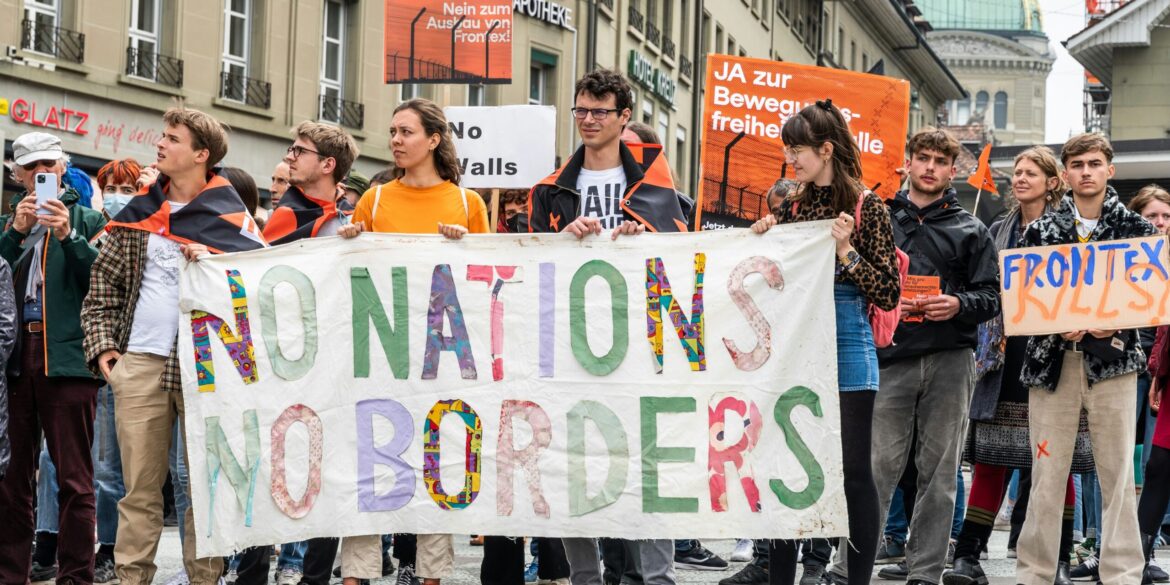President Donald Trump’s deployment of 2,000 National Guard troops to Los Angeles on June 8, 2025, has sparked a heated national debate, but among supporters, it is seen as a bold reaffirmation of the federal government’s responsibility to enforce immigration laws and safeguard public order. This unprecedented decision—marking the first major troop deployment to a U.S. city without a state governor’s request in over sixty years—came in the wake of widespread protests following recent Immigration and Customs Enforcement (ICE) raids across the city.
Reinforcing Immigration Enforcement
The backdrop to the National Guard mobilization was a series of ICE operations that led to the detention of dozens of undocumented individuals, primarily in working-class neighborhoods like Compton, South Gate, and Paramount. The raids triggered a groundswell of opposition, with protesters taking to the streets, some blocking roads and confronting law enforcement outside federal facilities.
In the eyes of the Trump administration, the protest activity signaled more than civic dissent—it was viewed as a potential threat to national security and an obstruction of lawful enforcement actions. The deployment of National Guard units was thus framed as an urgent intervention to protect both federal personnel and public property from what officials described as “organized resistance.”
Supporters of the move argue that the federal government has both the authority and obligation to intervene when local unrest impedes federal law enforcement. They contend that immigration laws must be respected and enforced consistently, and that failure to act decisively undermines national sovereignty and emboldens unlawful behavior.
Upholding the Rule of Law
The Trump administration has long positioned immigration enforcement as a cornerstone of its national policy agenda. From the construction of a border wall to tightening asylum eligibility, the president has consistently emphasized border security and immigration control as vital to American stability.
In this context, the deployment to Los Angeles is seen by allies as a continuation of this approach—an unapologetic defense of the rule of law. According to Homeland Security Secretary Kristi Noem, the protests were not just expressions of dissent but active impediments to justice. “We cannot allow lawless mobs to dictate where and how our officers operate,” she said during a press briefing.
Proponents also argue that the protest activity, which included reports of vandalism and confrontations with federal agents, justified a stronger response. They assert that ensuring the safety of law enforcement and preventing further escalation took precedence over deference to local governance.
Federal Authority and Constitutional Powers
Under Article II of the U.S. Constitution and the Insurrection Act, the president holds the authority to deploy military forces domestically under specific conditions, including to suppress insurrections and enforce federal law. Though seldom invoked, this legal foundation has historically been used in moments of intense civil unrest—such as during the desegregation of schools in the 1950s and riots in the 1960s.
President Trump’s use of this authority in 2025 rekindles debates about federalism and executive power, yet legal analysts note that the move—while controversial—falls within constitutional boundaries. In a statement, White House Counsel Barbara Lagoa said, “This administration will not sit idly by while federal officers are attacked and immigration enforcement is sabotaged.”
A Divided Public and Political Fallout
While many critics, including California Governor Gavin Newsom and Los Angeles Mayor Karen Bass, decried the deployment as an overreach and politically motivated, Trump supporters view such critiques as symptomatic of local governments’ reluctance to uphold federal laws. They argue that sanctuary policies and resistance to ICE operations only exacerbate legal ambiguity and threaten community security.
Public opinion remains sharply divided. A national poll conducted by the American Civic Forum found that 48% of respondents approved of the federal response, citing concerns about immigration enforcement and urban disorder. Meanwhile, 44% disapproved, with many expressing fears of militarization and erosion of civil liberties.
Broader Implications
The events in Los Angeles have reignited national conversations about immigration, state-federal power dynamics, and the role of protest in a democratic society. For supporters of the administration’s actions, the message is clear: immigration laws are not optional, and the federal government will act decisively when its authority is challenged.
Whether the deployment becomes a historical anomaly or a precedent for future federal interventions may depend on how the legal challenges and political responses unfold in the coming weeks. For now, the Trump administration has doubled down on its commitment to “law and order,” and the Los Angeles deployment stands as a stark illustration of that pledge.

